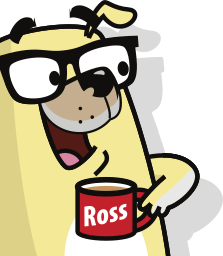Very old when set beside the old (3)

I believe the answer is:
too
'very' is the definition.
(I've seen this before)
'old when set beside the old' is the wordplay.
'old' becomes 'o' (common abbreviation eg in OE for Old English).
'when set beside' says to put letters next to each other.
'the' becomes 't' (the is pronounced as a 't' sound in some dialects).
'old' becomes 'o' (common abbreviation eg in OE for Old English).
'o' put after 't' is 'to'.
'to'+'o'='TOO'
(Other definitions for too that I've seen before include "Unduly" , "Additionally" , "Furthermore" , "Also; overly" , "As well, also" .)
